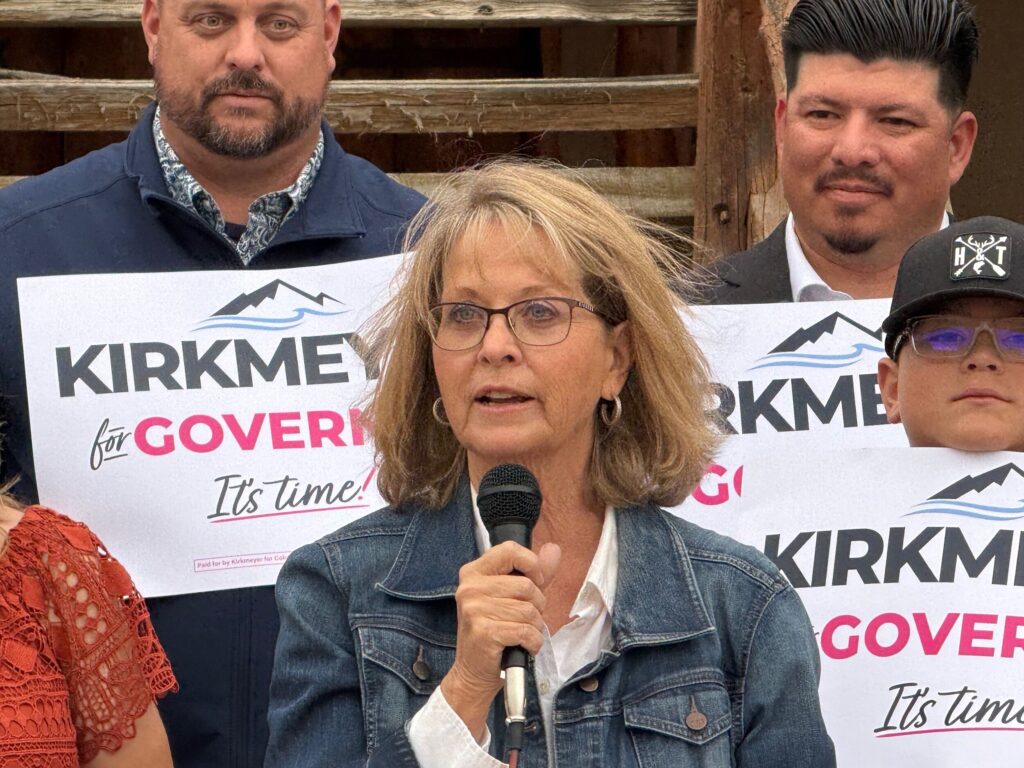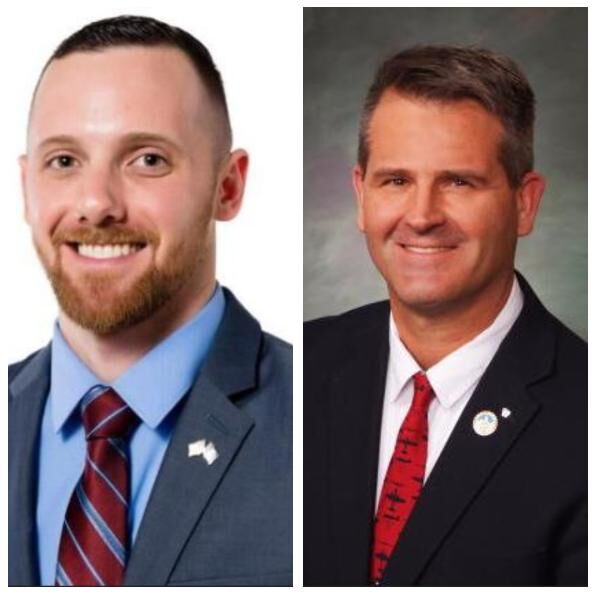Colorado lawmakers want to block constituents on social media

Courts throughout the country have deliberated for years on whether elected officials have the right to block their constituents on social media. Now, Colorado lawmakers are trying to take the decision into their own hands.
If made law, House Bill 1306 would give all elected officials in the state the power to block someone from viewing or interacting with the official’s social media pages – for any reason. This would apply to their personal social media accounts, even if they use them for official business, but not accounts attached to a specific political office.
The bill passed the House in a 43-20 vote on Monday and is now being sent to the Senate for consideration.
“There have been quite a few pieces of confusion and litigation around this issue,” said bill sponsor Rep. Leslie Herod, D-Denver. “This bill conforms our law with the 6th Circuit to assure that public accounts stay public and private accounts are private.”
The bill aligns state law with the 6th U.S. Circuit Court of Appeals’ ruling in Lindke v. Freed last year. The court ruled that an elected official can block individuals from their social media account if the account isn’t paid for by government funds, if the official has no legal duty to have an account, and if the account remains with the official after they leave office.
However, court rulings have been inconsistent regarding whether the First Amendment restricts public officials from blocking private individuals on social media.
The 2nd Circuit found it unconstitutional for then-President Donald Trump to block people on Twitter in 2019. The U.S. Supreme Court later tossed the case as moot because Trump was no longer president.
That same year, the 4th Circuit ruled against the chair of a county board of supervisors for blocking a constituent and, in 2022, the 9th Circuit ruled against school district officials for blocking parents. But in 2021, the 8th Circuit ruled in favor of a Missouri state representative who blocked a constituent.
The Supreme Court last week announced it will hear two cases regarding whether it is unconstitutional for elected officials to block people on social media.
“Courts nationwide recognize that social media is a powerful tool for social and political discourse,” said Catherine Ordoñez, a lawyer representing ACLU of Colorado, while testifying against HB 1306. “It affords, perhaps, the most powerful mechanisms available to a private citizen to make his or her voice heard.”
Ordoñez said when an elected official uses social media as a tool for governance, such as to communicate official news or information to the public, it becomes a kind of digital town hall. Excluding constituents from participating in this town hall, she said, violates their First Amendment rights.
Ordoñez said, even if the bill becomes law, it won’t prevent Coloradans from being able to sue elected officials for blocking them under the First Amendment.
“It will only invite more litigation,” she said.
In Colorado, these kinds of cases have largely resulted in settlements. Senate President Leroy Garcia, state Sen. Ray Scott, Lafayette Mayor Christine Berg and Thornton Council Member Jan Kulmann were all sued for blocking or limiting constituents on social media. In all four of those cases, the elected officials settled out of court and agreed not to block constituents in the future.
Rather than preventing residents from participating in a town hall, bill sponsor Rep. Matt Soper said blocking some constituents would stop them from disrupting the town hall for others. Soper, R-Delta, compared someone leaving abusive or spam comments on the posts of elected officials to individuals screaming at each other during an in-person town hall.
“At a town hall, we would be able to ask those two individuals to leave,” Soper said. “We’re asking for the ability to do the same in the digital world.”
Soper said lawmakers have experienced constituents posting obscene materials or links to scam websites in the comments on their posts, but the lawmakers are currently unable to remove the comments or block the posters.
In Colorado, state lawmakers are encouraged to not use personal social media accounts for legislative matters and to “not let the public interact” through the accounts. But if they do, lawmakers are instructed to not block, ban or otherwise restrict an individual’s access to the account, according to the legislature’s 2022 social media guidelines presentation for new lawmakers.
“It really does go to the health, safety and welfare of the General Assembly,” Soper said. “We have people that are currently posting sexually soliciting messages on our social media pages. We have people who are posting luring messages on our social media, ones that are truly scams that are out there. We have intimidation and harassment.”
While HB 1306 lists bullying, harassment or intimidation as reasons for an elected official to block a constituent, it specifies that an official can block anyone, for any reason, at the official’s own discretion.
Critics of the bill said this unlimited control would lead to elected officials blocking constituents and deleting comments simply because they don’t agree with the official’s politics.
“When you start saying ‘at people’s discretion,’ then you get into the risk of going into the First Amendment,” said Rep. Anthony Hartsook, R-Parker, who voted against the bill. “We don’t want people bullying, we don’t want people harassing, but at what point do we say ‘I have a good idea and you don’t’ and that’s the problem that we hit? Who decides that?”
Monday’s vote on the bill was mostly along party lines, with all but four Democrats voting in support of the bill and all but three Republicans voting in opposition.
Rep. William Lindstedt, D-Broomfield, was one of the only Democrats to oppose the bill. He said when a person chooses to run for elected office and become a public official, facing constituents on social media is simply part of the job.
“I signed up for this job and that just comes with the territory,” Lindstedt said.
The bill will be sent to the Senate for consideration in the coming days. The Senate must take action on the bill before the end of the session on May 8 in order for it to become law.

hannah.metzger@coloradopolitics.com












